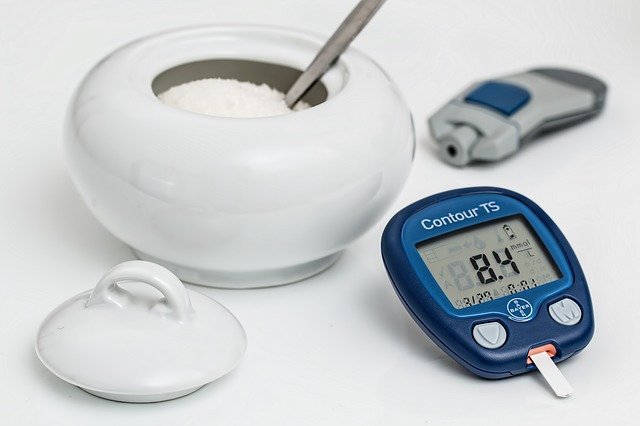
In a new study, researchers found diabetes drug dapagliflozin could benefit patients with heart failure.
The benefits are especially obvious in people with weak ejection fraction. Ejection Fraction is a measure of the heart’s pumping ability.
The research was conducted by researchers from Kyoto University Hospital.
Heart failure is a chronic health condition in which the heart cannot pump enough blood to the rest of the body.
Low ejection fraction can signal heart failure, but many patients with heart failure have a normal ejection fraction.
Previous studies have shown that few treatments could really benefit people with heart failure.
The diabetes drug dapagliflozin is part of a class of drugs known as SGLT2 inhibitors.
It could reduce heart-disease-related death and heart failure hospitalizations.
In the current study, the team used data from a larger international study conducted at 882 sites in 33 countries.
They examined whether the drug’s benefits could be predicted based on left ventricular ejection fraction (LVEF).
LVEF is a measure of how effectively the heart’s left ventricle squeezes blood out of its chamber.
They used an ultrasound of the heart known as an echocardiogram to examine ejection fraction in patients who took the drug or a placebo.
They found the drug could reduce heart failure hospitalizations in all patients, regardless of ejection fraction function or whether or not they had heart failure at the beginning of the study.
For people with lower ejection fraction, the benefits were stronger.
The findings suggest that this diabetes drug could benefit people with heart failure and keep them out of the hospital.
The drug could benefit a broad spectrum of patients and may be used in a very large population of patients.
The team also suggests that the ejection fraction is a strong tool to find out who can benefit most from the drug.
Future work will test how this diabetes drug could help treat metabolic, renal and heart diseases.
The lead author of the study is Eri T. Kato, MD, Ph.D., a cardiologist at Kyoto University Hospital.
The study is presented at the American College of Cardiology’s 68th Annual Scientific Session.
Copyright © 2019 Knowridge Science Report. All rights reserved.



